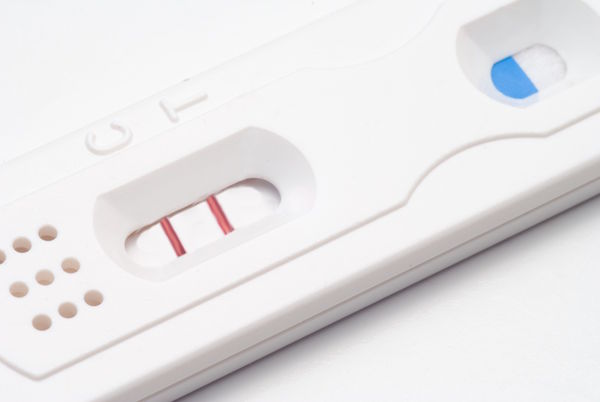
MONDAY, Dec. 30, 2013 (HealthDay News) — Many children with attention-deficit hyperactivity disorder (ADHD) may have missed out on valuable counseling because of a widely touted study that concluded stimulants such as Ritalin or Adderall were more effective for treating the disorder than medication plus behavioral therapies, experts say.
That 20-year-old study, funded with $11 million from the U.S. National Institute of Mental Health, concluded that the medications outperformed a combination of stimulants plus skills-training therapy or therapy alone as a long-term treatment.
But now experts, who include some of the study’s authors, think that relying on such a narrow avenue of treatment may deprive children, their families and their teachers of effective strategies for coping with ADHD, The New York Times reported Monday.
“I hope it didn’t do irreparable damage,” study co-author Dr. Lily Hechtman, of McGill University in Montreal, told the Times. “The people who pay the price in the end [are] the kids. That’s the biggest tragedy in all of this.”
Professionals worry that the findings have overshadowed the long-term benefits of school- and family-based skills programs. The original findings also gave pharmaceutical companies a significant marketing tool — now more than two-thirds of American kids with ADHD take medication for the condition. And insurers have also used the study to deny coverage of psychosocial therapy, which costs more than daily medication but may deliver longer-lasting benefits, according to the Times.
According to the news report, an insured family might pay $200 a year for stimulants, while individual or family therapy can be time-consuming and expensive, reaching $1,000 or more.
About 8 percent of U.S. children are diagnosed with ADHD before the age of 18, according to the U.S. Centers for Disease Control and Prevention. People with the condition may have trouble paying attention, often act without thinking and may be hyperactive, making school work and the acquisition of essential skills extremely difficult.
Drugs that improve attention make it easier for the children to learn, but when the drug wears off or if the users stop taking the drugs, benefits are less apparent.
Some experts today cite limitations of the original study, which looked at classic ADHD symptoms such as forgetfulness and restlessness over academic achievement and family and peer interactions. This gave medication an edge over therapy from the get-go, several people involved with the study told the Times.
“When you asked families what they really liked, they liked combined treatment,” said Dr. Peter Jensen, formerly head of child psychiatry at the National Institute of Mental Health (NIMH) who oversaw the study for the institute. “They didn’t not like medicine, but they valued skill training. What doctors think are the best outcomes and what families think are the best outcomes aren’t always the same thing.”
For the study, the NIMH enlisted more than a dozen experts to determine the best ADHD treatment. Close to 600 children with ADHD, aged 7 to 9, received one of four treatments for more than a year: medication alone, behavioral therapy alone, a combination of both treatments, or nothing in addition to their current treatment.
The study authors concluded in a 1999 paper that medication was superior to behavioral treatment.
But when the children in the study were followed into adulthood, the study results looked less conclusive. Use of any treatment “does not predict functioning six to eight years later,” a follow-up paper from the study determined, the Times reported.
More information
The U.S. National Institute of Mental Health has more about ADHD.
Copyright © 2026 HealthDay. All rights reserved.

